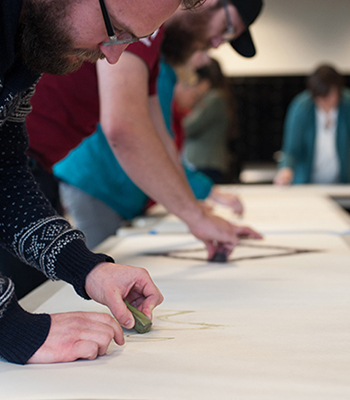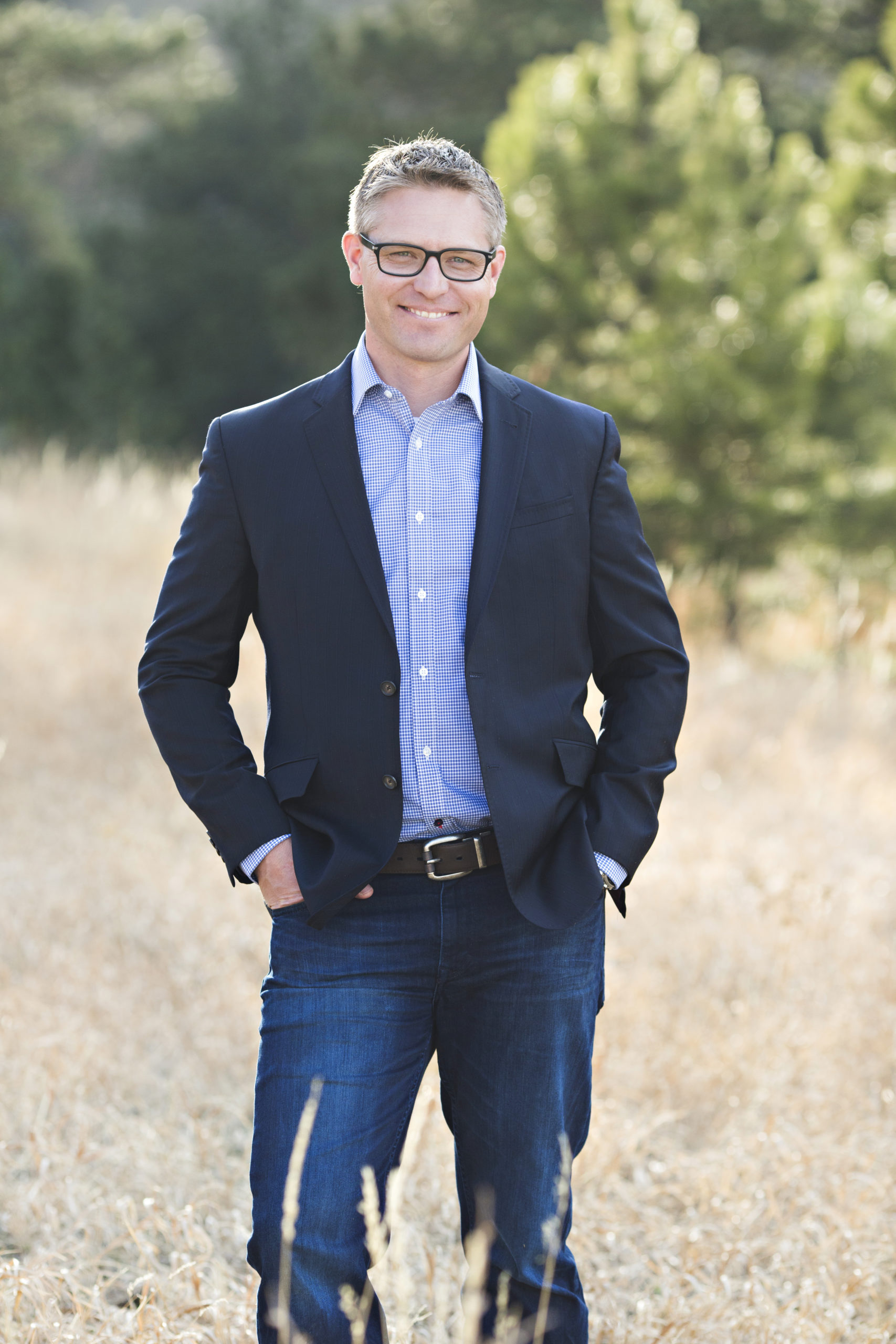
Public Theology: Leadership, Culture, and the Gospel
Application Deadline: January 26, 2024
Overview

Description
Amid decline, polarization, and a society which is either indifferent to or resentful of its existence, the church in North America is in desperate need of a new theological paradigm. Groundbreaking church leadership has always been theological in nature, as exhibited by Paul’s letter to the church in Rome and Luther’s ninety-five theses. The leadership response to polarized churches and to societal indifference and resentment is, surprisingly, a theological rubric built on beauty. That is, it is only the other-worldly beauty of the Gospel of Christ, the beauty of a crucified Messiah raised from the dead, that can unify a divided church and energize its mission within a local culture. Operating within the robust paradigm of theological aesthetics, this Cohort will equip pastors and church leaders to lead theologically, not only within their own congregations, but within the local cultures that their congregations serve. Particular attention will be given to preaching, spiritual formation, and making disciples who live out the beauty of the Gospel within their own vocations..
LEARNING OUTCOMES
Cohort participants will:
- Develop a robust integration of theology, culture, and the arts, incarnated within their own ministry context.
- Articulate an aesthetic theology that sustains and guides all aspects of their ministry.
- Reimagine their ecclesiology and understanding of leadership so as to create space for human flourishing both within the church and within society.
Schedule
Year One
Theological Foundations (16 units)
-
Spring 2024: Reading Course (Mar-June); In-Person Seminar (April 15–19, 2024; 6 units, Pasadena, CA)
-
Summer 2024: Doctoral Project (June–August; 4 units, online)
-
Fall 2024: Year One Paper Writing (Sep-Dec; 6 units, online)
What if Dostoevsky was right when he said, “Beauty will save the world”? What if divine beauty––an otherworldly beauty built on the death of Jesus––is precisely how God has saved and is saving the world? In Year 1 of this cohort, members will gain a foundational knowledge of theological aesthetics, with particular attention given to the doctrine of atonement and to the relationship between art and faith. Diverse theological sources, ranging from Makoto Fujimura to Hans Urs von Balthasar to James Cone, will ground students in a practical theology that can be the foundation for their pastoral leadership within their own cultural setting.
Year Two
Ecclesiology (16 units)
-
Spring 2025: Reading Course (Mar-June); In-Person Seminar (April 14-18, 2025; 6 units, Pasadena, CA)
-
Summer 2025: Doctoral Project (June–August; 4 units, online)
-
Fall 2025: Year Two Paper Writing (Sep-Dec; 6 units, online)
In Year 2 the cohort turns its collective attention to the church, asking what a practiced theological aesthetics might look like in a community of Christians devoted to living out the imago Dei as co-makers with the divine Maker. The author Wendell Berry serves as a primary source for this kind of ecclesiology. Berry’s portrayal of Port William, a fictitious town in rural Kentucky, provides one of the most surprising and compelling renderings of the church and the kingdom of God in the past century. Berry’s work will be augmented by other theological and cultural sources, giving cohort members a wide and profound canvas for painting their own ecclesiologies. The goal of such an ecclesiology is a healthy church culture that will sustainably bless its own local context.
Year Three
Pastor as a Public Theologian (16 units)
-
Spring 2026: Reading Course (Mar-June); In-Person Seminar (April 13-17, 2026; 6 units, Pasadena, CA)
-
Summer 2026: Doctoral Project (June–August; 4 units, online)
-
Fall 2026: Year Two Paper Writing (Sep-Dec; 6 units, online)
A theology founded upon divine beauty and an ecclesiology dedicated to curating and expressing this beauty demand pastoral leadership that is creative and public. How does our preaching of the cross change when we agree with theologian Hans Urs von Balthasar, that “the most sublime of beauties is a beauty crowned with thorns and crucified”? How can pastors cultivate a culture of making within their churches and contexts? What is the role of the pastor in addressing areas of brokenness within culture, particularly the brokenness of racism? These and other pressing cultural questions will be asked and constructively addressed in Year 3.
Instructor

Jeff Hoffmeyer is a pastor and theologian living in Boulder, Colorado. He is currently serving as VP for Advancement for the Denver Institute for Faith and Work. He has led small, medium, and large churches, including, most recently, La Cañada Presbyterian Church. Jeff earned his PhD in Systematic and Philosophical Theology from the Graduate Theological Union; his dissertation was on the doctrine of atonement as constructed by the Catholic 20th-century theologian Hans Urs von Balthasar. He and his wife, Heather, an OB/GYN physician, have two children. Jeff loves all things true, good, and beautiful, including the church, fly fishing, craft cocktails, Bruce Springsteen, and Wendell Berry. To learn more, visit jeffhoffmeyer.com.
Learn More and Connect with an Admissions Counselor
Contact
Chat with an Admissions representative
Office Hours
Monday – Friday
8 am – 5 pm (Pacific Time)
To view in-person welcome center hours for Pasadena, Arizona and Houston, click here.

